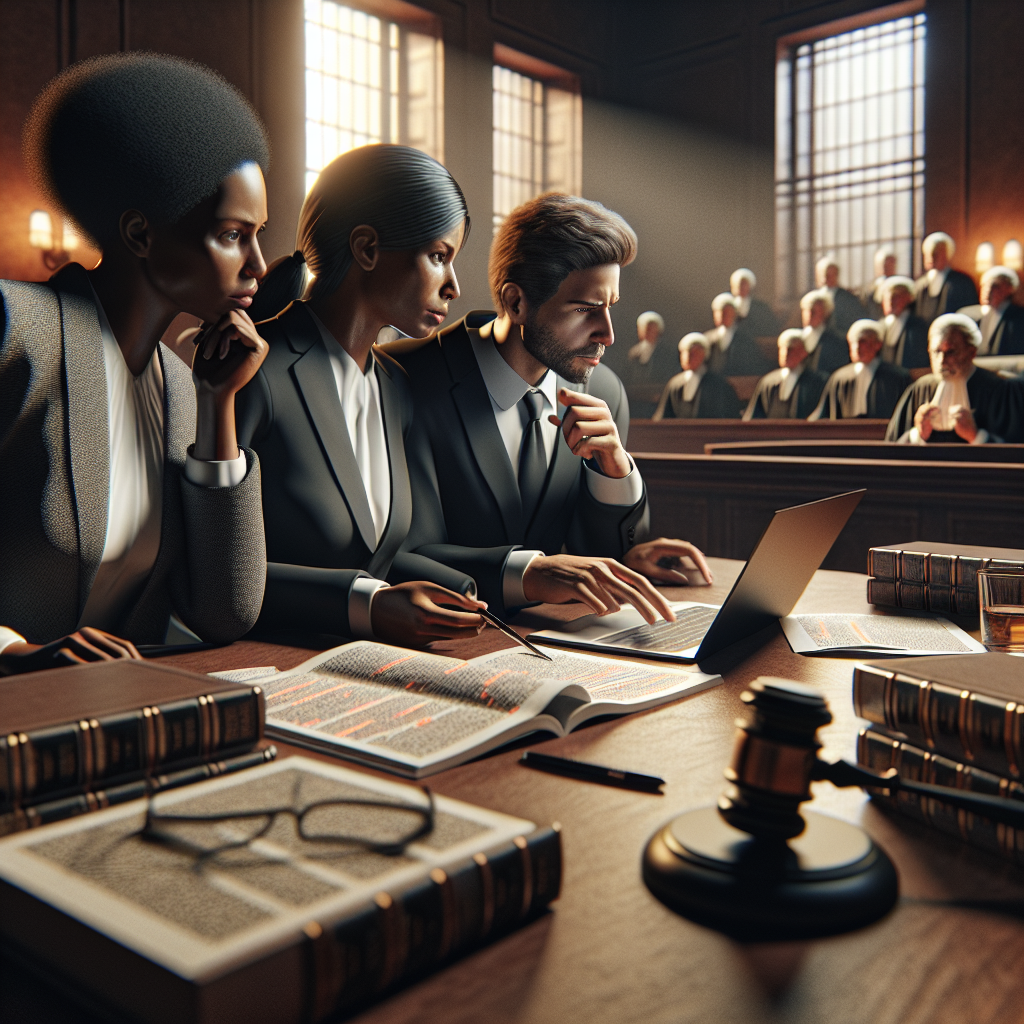Lawyers Beware: AI Misuse in Court Filings Raises Concerns
Artificial intelligence (AI) has undoubtedly transformed various industries, including the legal sector. With the advent of AI tools, legal professionals have been able to streamline processes, conduct legal research more efficiently, and improve overall productivity. However, recent developments have highlighted a significant risk associated with the use of generative technology in legal practices.
The emergence of AI-powered tools capable of creating fake citations poses a serious threat to the integrity of court filings and legal documents. These tools have the capability to generate false references, citations, and even entire paragraphs that appear authentic at first glance. For lawyers who rely on AI for drafting legal documents, this presents a critical challenge that could have far-reaching consequences.
One of the primary concerns surrounding the misuse of AI in court filings is the potential for misleading information to be presented as factual evidence. In the legal field, where accuracy and credibility are paramount, the presence of fake citations created by AI tools can undermine the integrity of the entire case. Judges, juries, and opposing counsel may be misled by erroneous information, leading to unjust outcomes and damaging the reputation of legal professionals involved.
Moreover, the use of fake citations generated by AI tools raises serious ethical considerations for lawyers. Legal professionals are bound by strict codes of conduct that require them to uphold the highest standards of honesty and integrity in their practice. Intentionally using AI to create false information in court filings not only violates these ethical obligations but also jeopardizes the trust and confidence that clients place in their attorneys.
To mitigate the risks associated with AI misuse in court filings, legal professionals must exercise caution and diligence when incorporating AI tools into their workflow. It is essential for lawyers to verify the accuracy of information generated by AI, especially when it comes to citations, references, and legal arguments. Additionally, implementing robust quality control measures and conducting thorough reviews of AI-generated content can help prevent the inadvertent inclusion of fake citations in legal documents.
Furthermore, legal organizations and regulatory bodies must take proactive steps to address the challenges posed by AI misuse in the legal industry. Developing guidelines, standards, and oversight mechanisms for the use of AI in legal practices can help ensure compliance with ethical obligations and uphold the integrity of the legal profession. By fostering a culture of transparency, accountability, and responsible AI use, the legal community can navigate the complexities of generative technology while safeguarding the principles of justice and fairness.
In conclusion, the warning signs are clear: lawyers must be vigilant against the risks of AI misuse in court filings. The implications of fake citations created by AI tools are far-reaching and demand immediate attention from legal professionals, regulatory bodies, and technology providers. By approaching the use of AI in legal practices with a critical eye and a commitment to ethical standards, lawyers can harness the benefits of technology while upholding the principles of truth and integrity in the pursuit of justice.
AI, Court Filings, Legal Professionals, Generative Technology, Fake Citations
